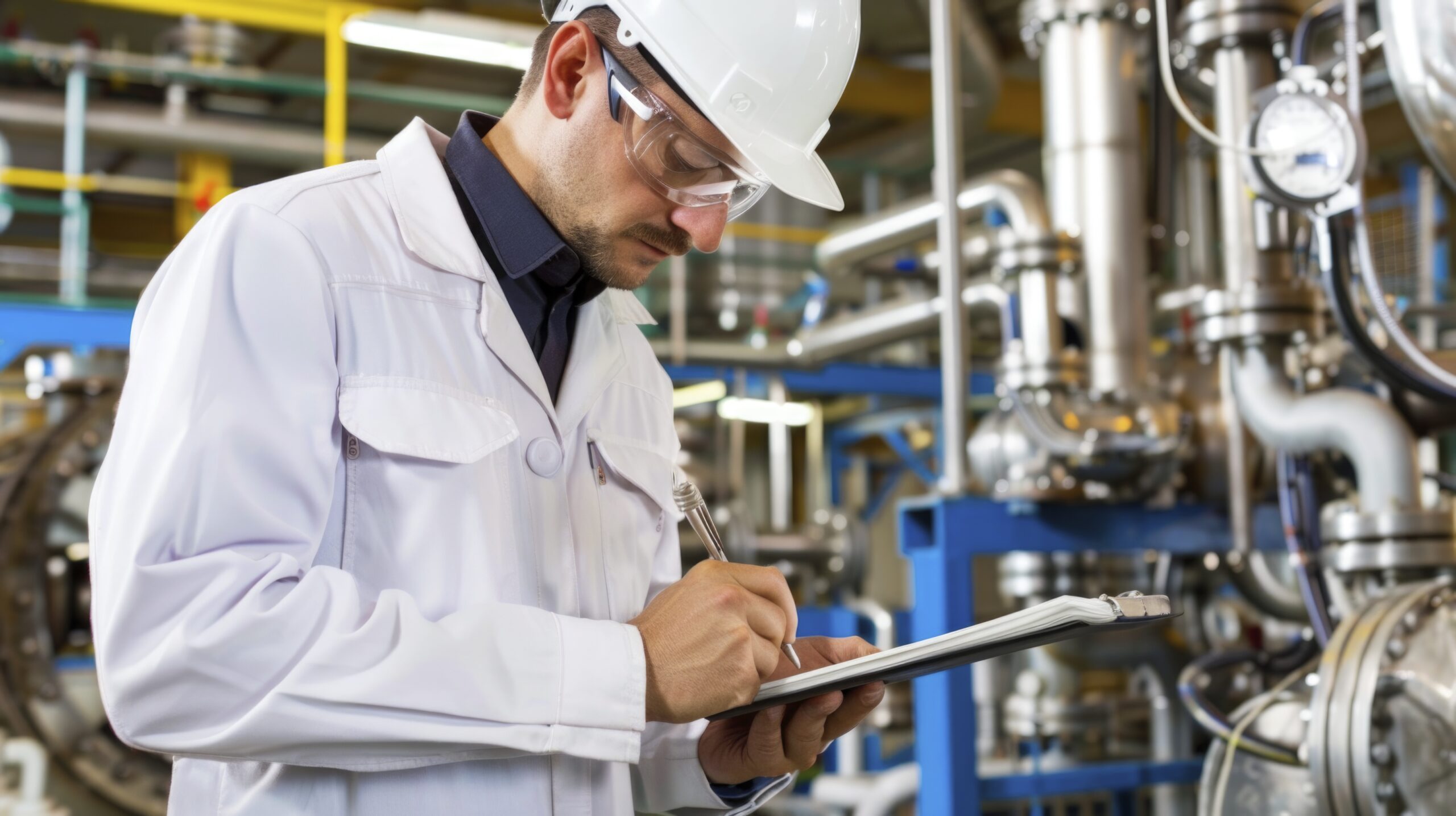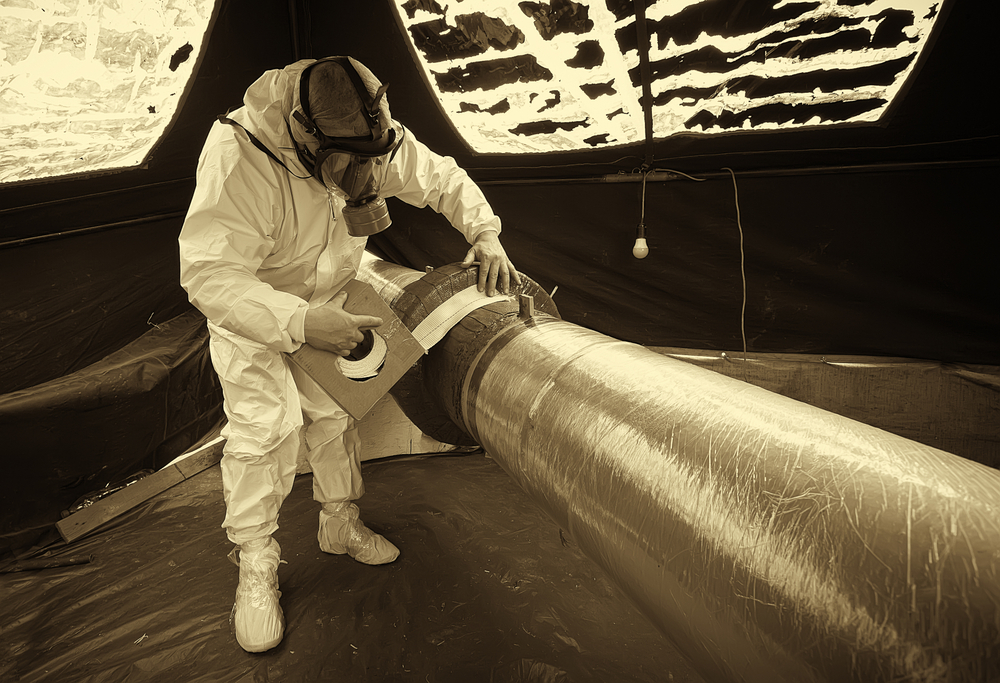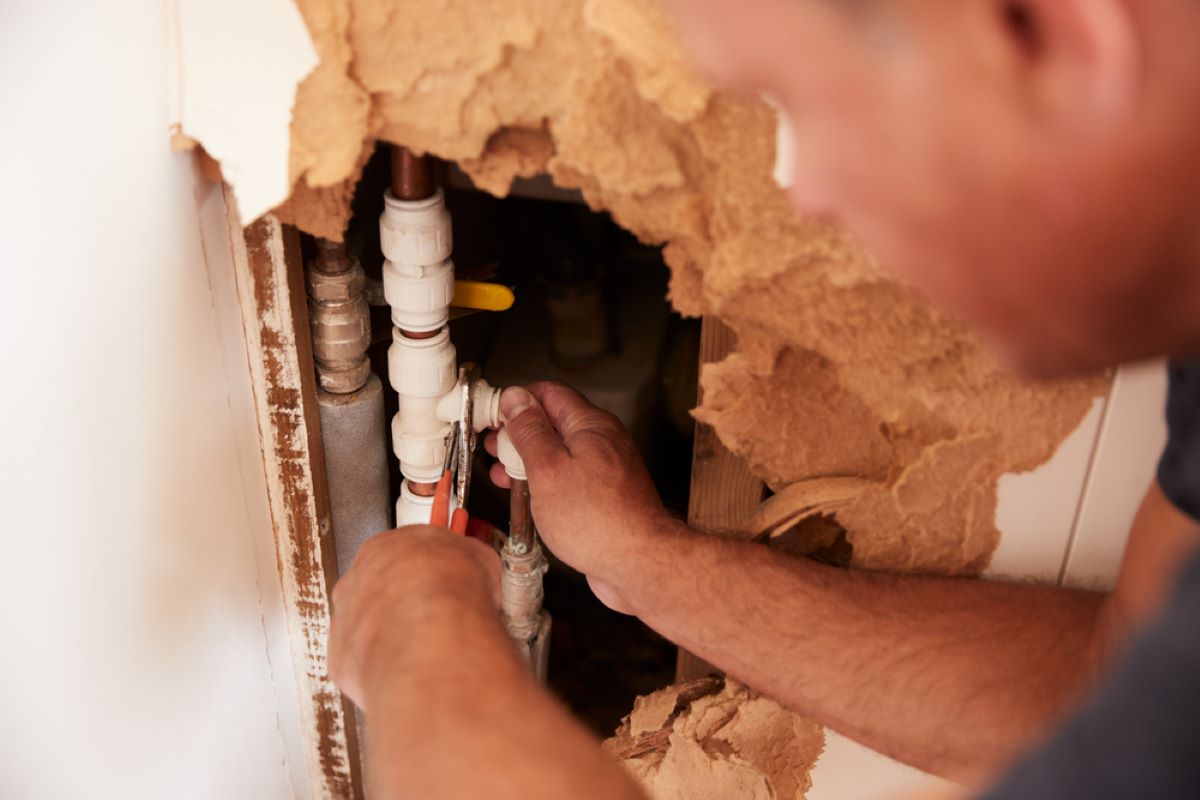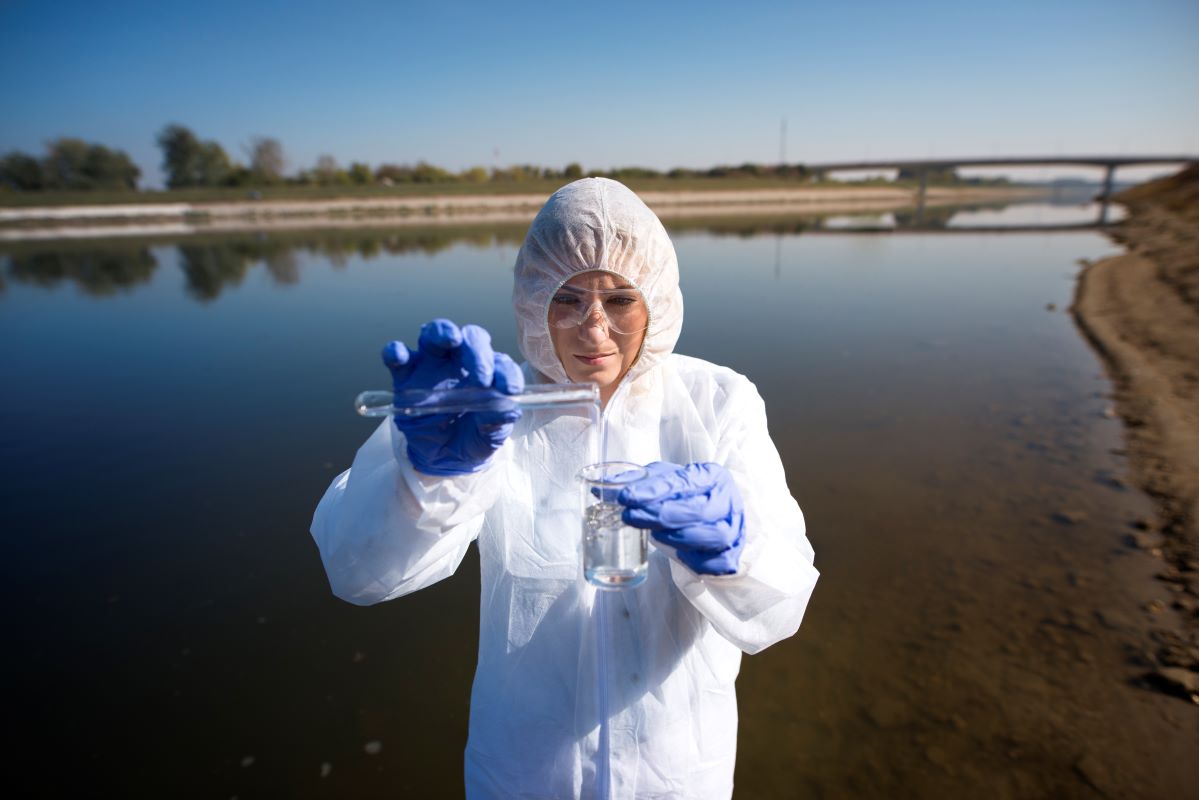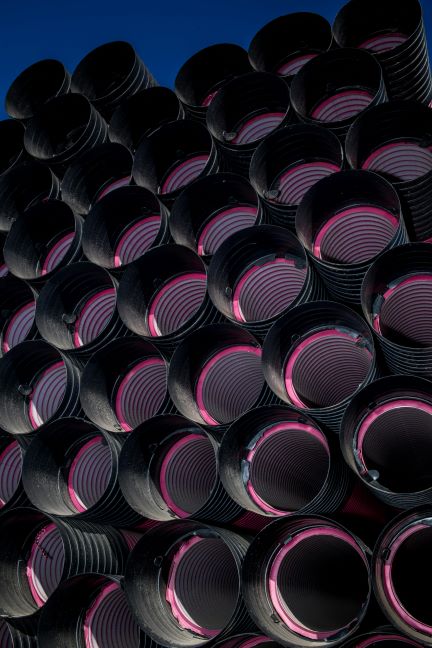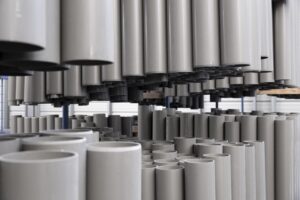
HomeMaintenanceTips
Top Reasons Why Pipes Burst and How to Prevent Them
Burst pipes are a common but costly issue for homeowners, often leading to extensive water damage. Understanding the root causes can help you prevent them and save on repairs.
1. Freezing Temperatures
Cold weather is the leading cause of burst pipes. When water freezes inside a pipe, it expands, creating pressure that can cause the pipe to rupture. Pipes in unheated areas, such as basements, attics, or crawl spaces, are especially vulnerable.
Prevention Tip:
How to prevent pipe bursts: Insulate pipes in colder areas, especially those exposed to freezing temperatures, like outdoor pipes or pipes near exterior walls. Keeping faucets dripping during cold spells can also prevent water from freezing and expanding within pipes, which is a major cause of bursts.
2. High Water Pressure
Excessive water pressure is another major culprit. When the pressure inside a pipe exceeds its capacity, it can weaken the pipe over time, leading to bursts. This is often caused by clogs, faulty valves, or pressure regulation issues.
Prevention Tip: Ensure your home’s water pressure stays within safe limits (typically 40–60 psi). Install a pressure regulator to monitor and maintain proper levels.
3. Pipe Corrosion
Over time, pipes, particularly older ones made of metal, are prone to corrosion. Corroded pipes are weaker and more likely to crack or burst. Corrosion can be accelerated by poor water quality, such as acidic or hard water.
Prevention Tip: Regularly inspect your plumbing system for signs of corrosion, such as discoloration or flaking. Replace aging pipes before they become a problem.
4. Tree Root Intrusion
Tree roots can grow into underground pipes, particularly older clay or cast iron pipes. As the roots grow, they can break the pipes or clog them, leading to bursts.
Prevention Tip: Keep trees and shrubs planted away from your home’s sewer lines and water pipes. If tree roots are a concern, consider installing root barriers or using pipe materials that are resistant to root intrusion.
5. Shifting Ground or Poor Installation
Pipes can also burst due to ground movement caused by nearby construction, shifting soil, or poor installation practices. Improper installation can lead to weak points that are more likely to fail over time.
Prevention Tip: Always hire professional plumbers for installations, ensuring that pipes are securely fitted and positioned. If you live in an area prone to ground movement, consider reinforced or flexible piping options.
Emergency Actions to Take When a Pipe Bursts in Your Home
A burst pipe can cause immediate water damage, but quick action can minimize harm. Here’s a step-by-step guide to managing the situation effectively:
1. Shut Off the Main Water Supply
Locate your home’s main water shut-off valve and turn it off immediately. This will stop water from continuing to flood the area.
2. Drain the Faucets
After shutting off the main supply, open all faucets to drain remaining water from the pipes. Start with cold water, then move to hot.
3. Turn Off Electricity (If Needed)
If water is leaking near electrical outlets or appliances, turn off the electricity to avoid any risk of electrocution.
4. Locate the Burst Pipe and Assess Damage
Find the burst pipe and inspect the extent of the leak. This will help you relay information accurately to a plumber.
5. Clean Up Excess Water
Use towels, mops, or a wet/dry vacuum to remove standing water, preventing further damage to flooring, walls, and personal items. Move any valuable items away from the flooded area.
6. Call a Professional Plumber
Contact a licensed plumber immediately for emergency repairs. If it’s outside regular hours, look for emergency plumbing services available 24/7.
7. Document the Damage
Take photos or videos of the damage to submit for insurance claims. This documentation can help cover repair and replacement costs.
Prevention Tips
After handling the emergency, consider preventive measures like insulating pipes, monitoring water pressure, and regular maintenance to avoid future incidents.
Taking these actions quickly can help you control the situation and protect your home from extensive damage caused by a burst pipe.
Conclusion
Preventing burst pipes is crucial to avoiding water damage and costly repairs. By addressing common causes like freezing, excessive pressure, and corrosion, you can keep your plumbing system in top shape. Regular maintenance and early detection are key to long-lasting, burst-free pipes.

